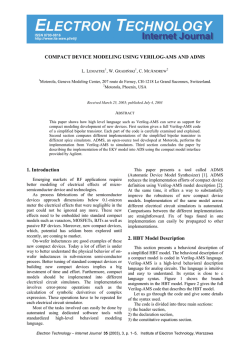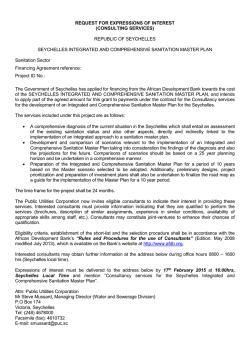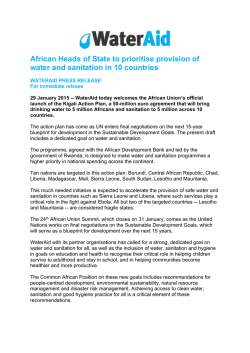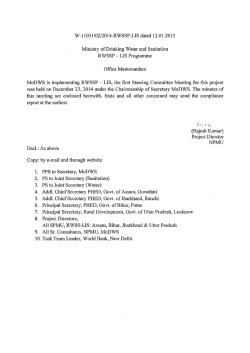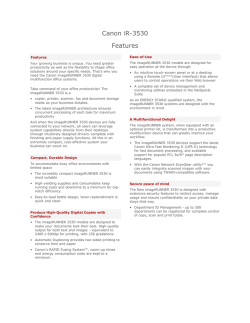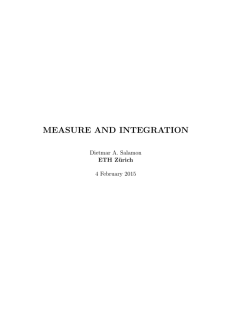
Melissa Powell, UN Global Compact
The UN Global Compact Vision “A more sustainable and inclusive global economy” Objectives 1. Make the ten principles part of business strategy, operations and culture everywhere Internalization 2. Take action in support of UN goals and issues Contribution to society/ development UN goals and issues include: Peace & Security • • • • • Water Security and Sanitation Human Rights, Children’s Rights Gender Equality Development Education Food Security Health Ecosystems and Biodiversity Climate Change Mitigation and Adaptation Water Security and Sanitation Employment and Decent Working Conditions Anti-Corruption An Evolution of the UN Global Compact Cumulative Growth 15,000 10,000 7,960 8,182 2000 2001 2002 2003 2004 2005 2006 2007 2008 2009 2010 2011 2012 2013 2014 5,000 43 130 497 897 1,597 2,096 3,183 4,182 5,268 6,107 6,349 6,899 7,146 0 -5,000 -10,000 New Delisted** Net Note: Gross = All companies that signed the GC, whether or not they were subsequently delisted; Net = Gross – Delisted * As of 22 August 2014 ** Delisted includes failure to communicate on progress and other reasons (e.g., merger, voluntary withdrawal, etc.) Engagement Opportunities The Challenges in Conflict-Affected/High-Risk Areas Company materiality is tied to the health of the communities where they operate. Long-term financial success goes hand-in-hand with social and environmental responsibility. Violent conflict disrupts markets and business opportunities. If the world had been 25% more peaceful in 2010 – the global economy would have gained an additional economic benefit of over US$2 trillion. High-risk and conflict-affected areas are home to over half of the world’s population living on less than $1.25 a day. Business for Peace (B4P) : A Business Leadership Platform “Business can and must play a central role in sustaining the openness on which development and prosperity depend." "It is my hope that Business for Peace will advance the implementation of the Global Compact Principles in challenging operating environments & catalyze collaborative action to advance peace.” Already the platform has been recognized in Forbes as one of the "top 5 areas defining the future of CSR”. “Working in business unites people under a common objective to come together to advance business goals. This objective could be used to build peace by breaking down barriers between communities, religions and regions. ” - How Companies Join How Companies Engage COMMIT #1. Develop & implement conflictsensitive policies & practices in highrisk/conflict-affected areas ACT REPORT #2. Take action to make a contribution to peace at the local level in collaboration with others The Business Benefits The UN Global Compact has over a decade of experience supporting companies to implement the Ten Principles in growth economies. Emphasis on supporting companies to go beyond a ‘do no harm’ approach toward engaging businesses and other stakeholders in collective approaches to peace, B4P is the next stage of corporate sustainability. The value of collaboration with the UN, civil society, and other stakeholders increases in complex environments. B4P increases the visibility and recognition of companies making contributions to peace , thereby bolstering your social license and brand among investors, partner companies, staff, regulators and the broader stakeholder community. Company Engagement with B4P Spanning 130+ companies from over 30 countries, MNC, large national companies and SMEs, B4P company signatories include: Business for Peace Local Networks Unique among the areas of work of the UN Global Compact, B4P is structured as a locally-driven platform 18 GC Local Networks have joined the initiative Advancing the following themes: Diversity in the Workplace Inter-cultural & Interreligious understanding Job Creation/Employment Security &Human Rights Natural Resource Mgt
© Copyright 2026


